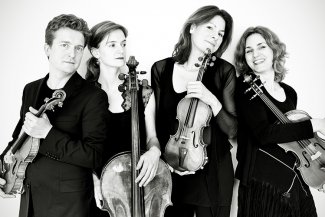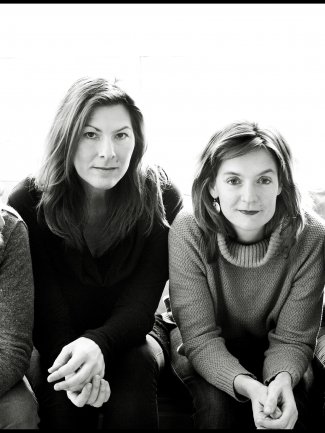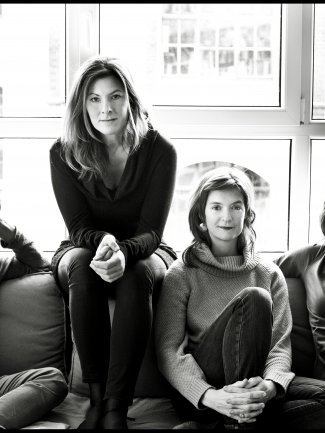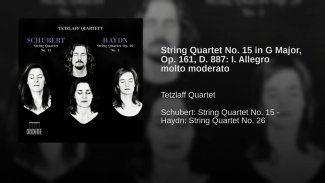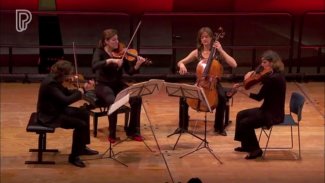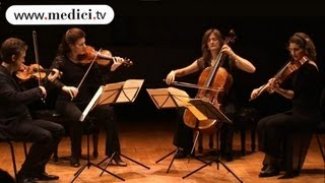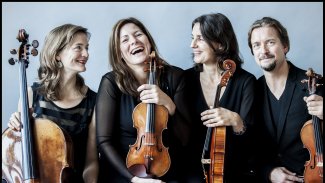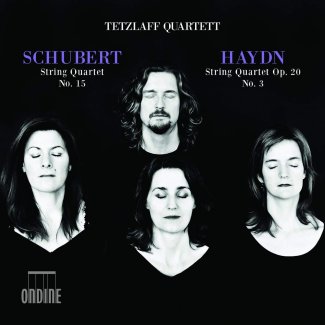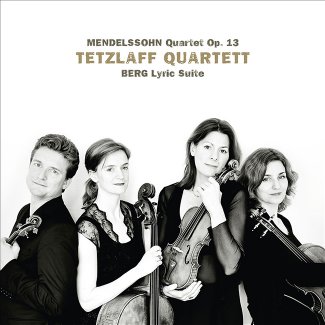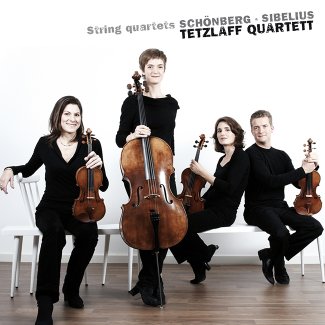Praised by The New York Times for its “dramatic, energetic playing of clean intensity”, the Tetzlaff Quartett is one of today’s leading string quartets. Alongside their successful individual careers, Christian and Tanja Tetzlaff, Hanna Weinmeister and Elisabeth Kufferath have met since 1994 to perform several times each season in concerts that regularly receive great critical acclaim.
They are frequent guests at international festivals such as the Berliner Festwochen, Schleswig-Holstein Musik Festival and Musikfest Bremen. They perform regularly at the famous Wigmore Hall in London. Other highlights include performances at Kölner Philharmonie, the Pierre Boulez Hall in Berlin, the Cité de la Musique in Paris as well as a North America tour with concerts at Carnegie Hall, in San Francisco and Vancouver. The quartet has also performed at Brussels’ BOZAR, Wiener Musikverein, Herkulessaal München, Amsterdam’s Concertgebouw and the Gewandhaus Leipzig. Highlights of the 2021/22 season include concerts at Carnegie Hall, Philharmonie Köln, Théâtre des Champs-Elysées, Konzert Theater Bern, Konzertverein Bozen, Konzerthaus Blaibach and at Princeton University.
The quartet’s first recording with music by Schönberg and Sibelius, was released by CAvi-music in 2010, the second recording with music by Berg and Mendelssohn received the prestigious “Diapason d’or” in 2015. In 2017 Ondine released a CD with music by Haydn and Schubert, followed in 2020 by a CD with two of the late string quartets of Beethoven.
